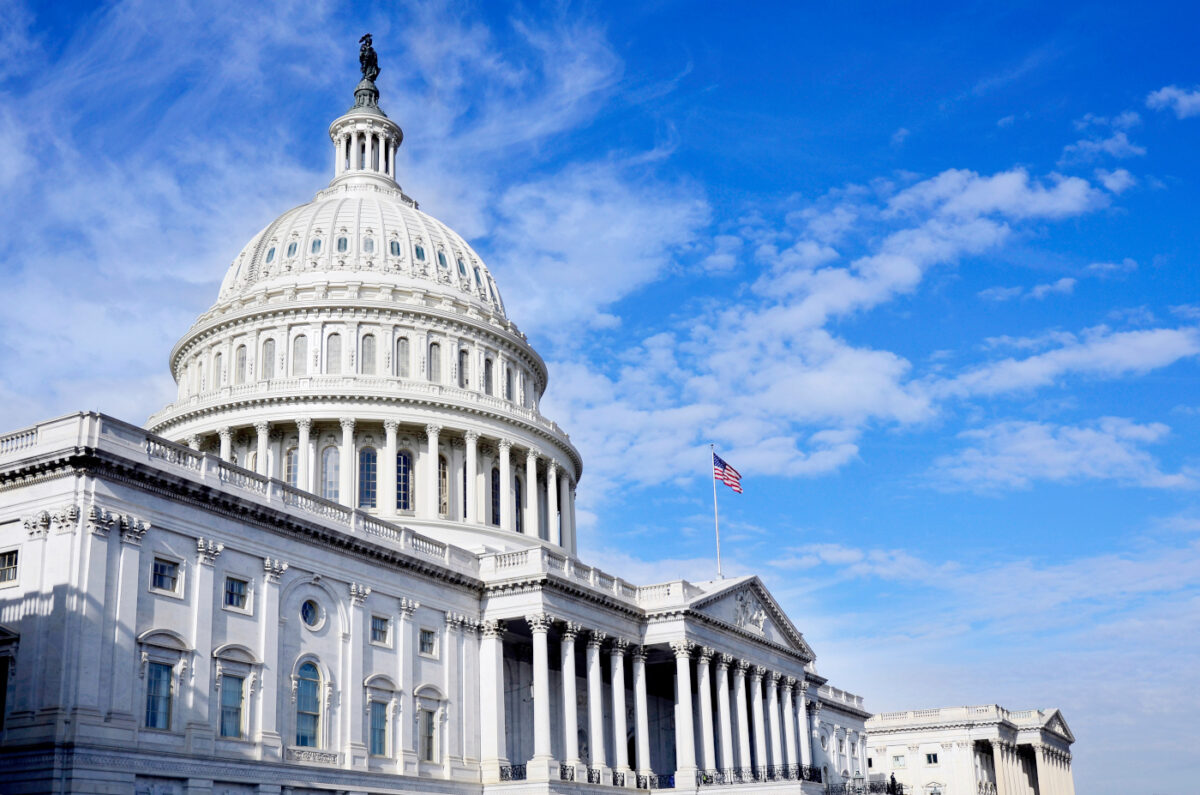
Federal officials at the Centers for Medicare and Medicaid Services (CMS) have been busy recently.
On Thursday, April 18, CMS issued its final rule governing health insurance marketplace standards for 2020. Issued annually, the rule generally includes guidelines for qualified health plans offered on the health insurance marketplace, as well as key dates including deadlines for insurers to submit qualified health plans to CMS and open enrollment dates.
Highlights of the final rule for plan year 2020 include the following:
- CMS reduced the user fee for qualified health plans sold on state-based marketplaces that use the federal marketplace platform from 3 percent of premium to 2.5 percent of premium. Participating insurers in Arkansas — Arkansas Blue Cross Blue Shield, Centene (Ambetter from Arkansas Health & Wellness), and QualChoice — will include this fee reduction as they develop their 2020 premium rates for submission to state officials beginning July 19, 2019.
- CMS updated its methodology for the annual premium adjustment percentage, which is used to set changes in maximum limits on cost sharing and the required maximum premium contribution for those who are subsidy-eligible. The change in methodology — which includes increases in the individual market in addition to the group market resulting in an increased premium adjustment percentage — means higher out-of-pocket costs in individual and group plans and a higher required premium contribution from those who are eligible for subsidies.
- In 2020, CMS will permit insurers to count drug manufacturer coupons used by beneficiaries toward the deductible or maximum out-of-pocket costs for the plan only if no generic equivalent exists. Where a generic exists, the coupons will not count toward these costs. Like many health policy experts, CMS is appropriately concerned that manufacturer coupons are driving demand for more expensive brand name drugs, thus increasing premium costs.
On Monday, April 22, 2019, CMS announced its Primary Care Initiative, a new iteration of value-based payment models for primary care that build upon the experience of previous models such as the Comprehensive Primary Care Initiative, for which Arkansas was selected as a market participant. The Primary Care First model will provide total monthly payments to primary care practitioners for attributed patients. Practitioners will be subject to financial risk and have the opportunity to obtain performance-based payments for reducing hospital utilization and total cost of care.
A second model — Direct Contracting — will provide accountable care organizations, Medicare Advantage plans, and Medicaid managed care organizations with prospective fixed monthly payments ranging from a portion of anticipated primary care costs to total costs of all care. Entities may align to assume risk for all beneficiaries under a global option, risk for beneficiaries in a specified region under a population-based option, or risk for beneficiaries served by a target group of providers.
Since 2012, Arkansas has been a national leader in value-based alternative payment model implementation through the multi-payer Arkansas Health Care Payment Improvement Initiative (AHCPII) CMS’ most recent push into value-based payment follows the throttling of Arkansas’s efforts through AHCPII, which included shared savings arrangements for primary care physicians for quality improvement and controlling total cost of care for patients attributed to patient-centered medical homes (PCMH). Over 200 practices, including approximately 1,000 primary care providers, are now voluntarily participating in the state’s PCMH program. While AHCPII maintains support from the largest public and private payers in the state, recent legislation by the Arkansas General Assembly has forced the initiative’s participating payers to seek alternatives to payment arrangements in which physicians are accountable for care and costs that occur outside of the physician’s clinic.
On Tuesday, April 23, CMS proposed changes to its Medicare inpatient hospital wage index that could begin to address inequitable payments to rural hospitals. CMS has historically paid hospitals in rural areas less than the national average because CMS adjusts payment rates to account for local wage differences. Under its proposal, CMS would increase the wage index for low-wage-index hospitals, reducing the disparity among those hospitals and high-wage-index hospitals, many of which are located in urban areas.
More than 100 rural hospitals across the nation have closed since 2010. Although Arkansas has not seen any closures — partly due to new revenue from coverage expansion through Medicaid — recent reports indicate financial stress among some of the state’s rural hospitals. This CMS change could serve to shore up rural hospitals in the short term while they seek more sustainable business models.






